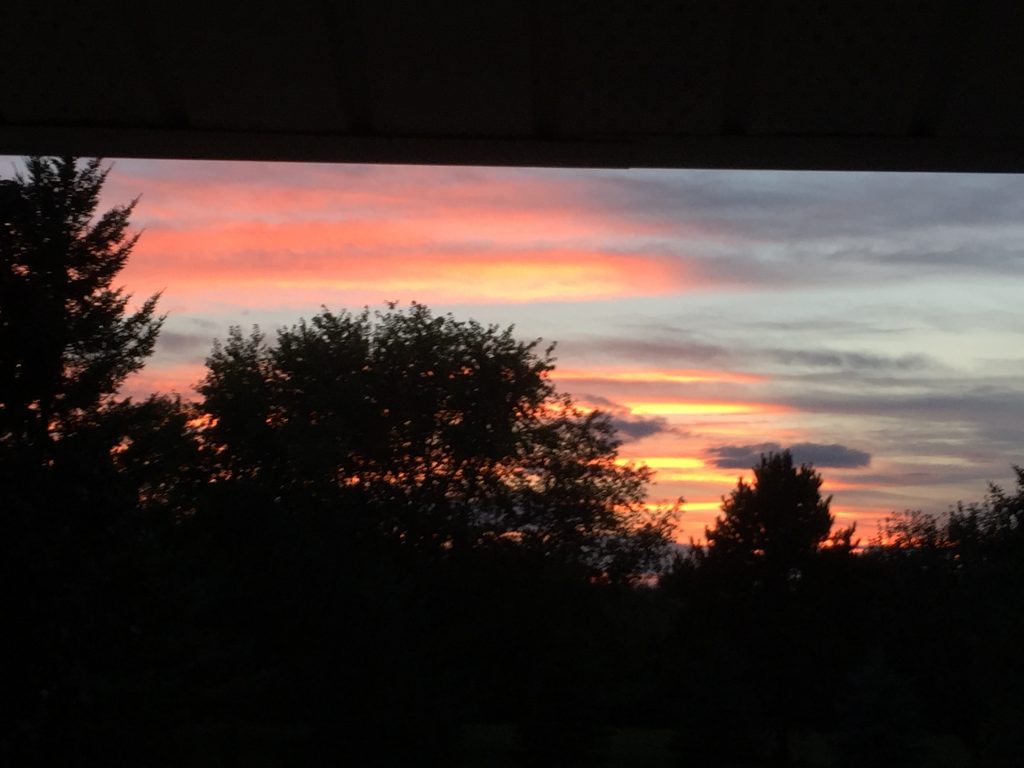
I’ve been captivated by a couple of different thoughts from a couple of different old friends in the last few days, which compelled me to do what writers are supposed to do. Which doesn’t include ignoring their blog for six years.
Thought 1) “A personal reconstruction process is vital for understanding ourselves (which is generally the same project as understanding others, or so I like to think).”
Thought 2) “I thought my life rather than living it.”
The two probably aren’t different.
I suspect that the biggest challenge for Generation X, of which I am a card-carrying member (it’s a Blockbuster Video card), is grappling for meaning. I’m not a culture or generational expert, and I haven’t read many books on those subjects, but I’ve had many conversations and observed many struggles–some my own.
As the post-Vietnam era languished in psychedelics for awhile and gave way to new opportunity (which can be interpreted or outright described as burgeoning consumerism, driven by a strong market leading to the pinnacle of capitalism) we were born and raised. With most parents going to work and after school specials firing perceived scandals into the cortex we were often alone to make our own meaning.
In the long run it’s probably easier to live a life unexamined, but it’s a mistake to construct that life out of coping mechanisms. The risk of letting our struggles define us is that we wear the toll it’s taken like a badge of honor. Sometimes we venerate our battle methods themselves until they become who we are, however ruinous. I think we should define ourselves by what we learned during the fight. And we get to decide when the fight has been won.
What I’m not saying is that we should pretend the struggles didn’t happen.
What I am saying is that we should imagine our true selves as beings beyond the scope of definition, even while operating in a perpetually redefined universe.
When I was young, I imagined that I would always be as I was, just older. The rules that we learn or create early on are powerful. We make them our own and call them good. If that works long enough, we call them God. But there’s a danger in designing rules for reality with so much power: we might someday, as I did, realize that we gave them too much power and when we hit a time in life when they didn’t apply, we lose our power and are faced with a crisis of meaning. I had thought my life rather than living it.
Meaning, purpose, and belief are different things, as I see it. I need order in my life as a point of mental health. It runs the spectrum from knowable cosmic order to writing vacation checklists. I need purpose in my life to pledge fidelity to some ideal within the boundaries of a cosmos I might not understand, but can describe. Belief is what I employ despite order and understanding in an act of human resiliency that I choose to cling to and may never be able to describe. And that very well could be the thing that allows me to live life more than I think about it, seeing that life is the purest form of existential grandeur, and thought is a helpful, fleeting, malleable luxury that lets us affirm life when we choose to use it that way.
It’s an awful lot of analysis for a Wednesday, and not nearly enough reflection for six years of existence, but hopefully a sincere enough invitation to transcend as you are able, and experience as you were born to.

